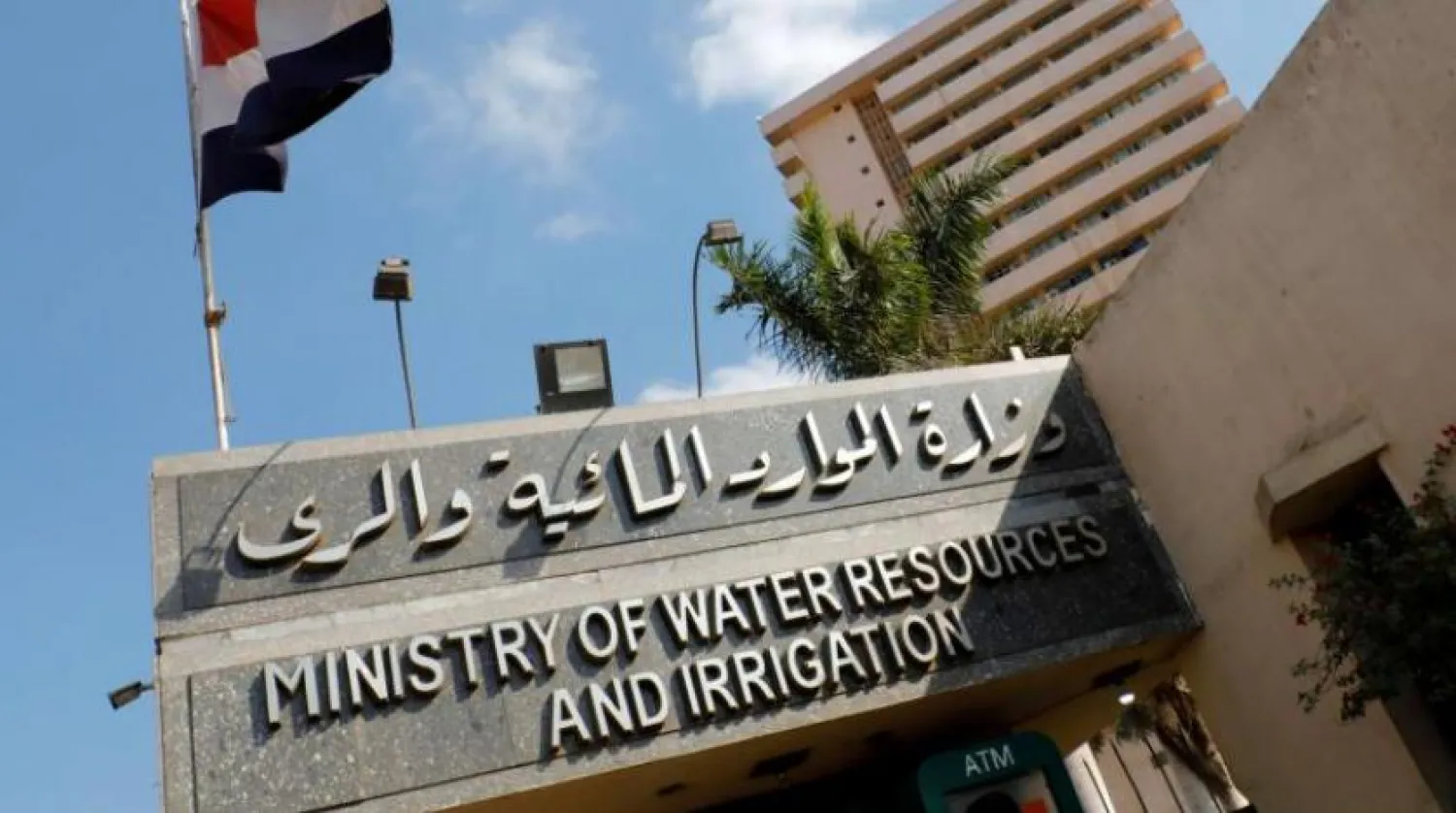Egypt’s Ministry of Water Resources and Irrigation has been working to implement a research plan aimed at achieving a paradigm shift in the methods of managing water resources, as part of a comprehensive national strategy to overcome limited water resources.
Irrigation Minister Mohamed Abdel Aty said the plan prepared by the National Water Research Center (NWRC) reflects the ministry’s efforts to top the sectors that keep pace with technological developments in this field.
Abdel Aty reviewed during a meeting on Sunday the results of research studies conducted by the Center, as well as its coordination with various ministry agencies to implement its research plan.
According to a ministry statement, the center conducted studies on rainwater harvesting, protection from flood hazards, and maintenance of dams in Upper Egypt, Matrouh, North and South Sinai governorates, as well as a project to reduce groundwater levels in the archaeological area of Abu Mina in Alexandria.
It also completed integrated studies to protect the beaches of Port Said using submersible barriers and conducted studies to ensure the efficiency of the water sector in several canals and drains.
These include a study to rehabilitate the 287km-long Bahr Yussef canal, which connects the Nile River with Fayyum, to raise its efficiency in transporting and distributing water.
The Center also conducted many hydraulic studies for canals and provided technical support for the national canal rehabilitation project in several provinces, the statement added.
The meeting tackled existing coordination between members of the Egyptian-Senegalese working group to participate in organizing activities of the 9th World Water Forum 202, scheduled to be held in Dakar on March 21.
The ministry and the NWRC will participate in the forum’s activities to introduce Egypt’s methods in addressing water challenges, its integrated management of water resources and experiences in recycling and reusing wastewater.
Egypt suffers from scarcity of water resources and needs about 114 billion cubic meters annually, while the available water resources amount to 74 billion cubic meters.
The Nile water accounts for more than 90 percent of Egypt’s needs or 55.5 billion cubic meters.
In order to overcome the crisis, the Ministry of Irrigation has prepared a plan to manage water in Egypt until 2037 with investments of more than $50 billion, which are expected to increase to $100 billion.
The plan aims to improve water quality, develop new water resources, rationalize the use of currently available resources, and create a supportive environment for water issues.









